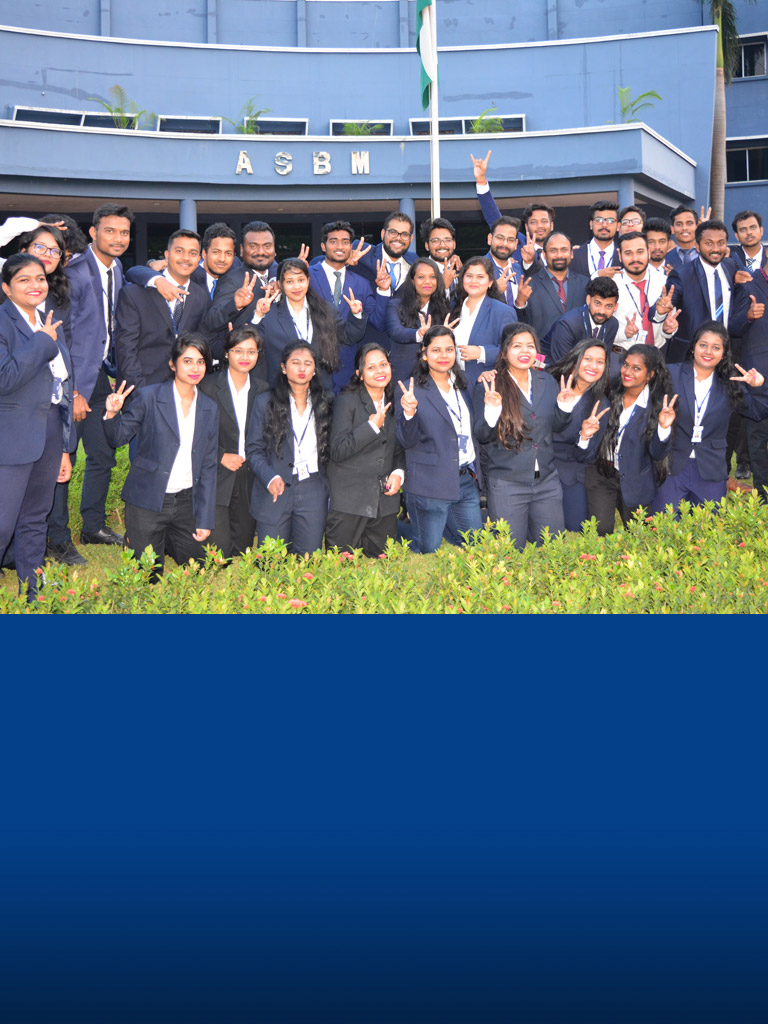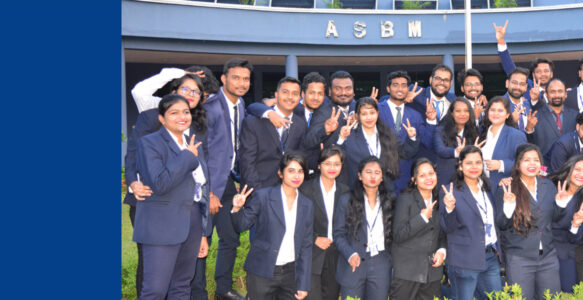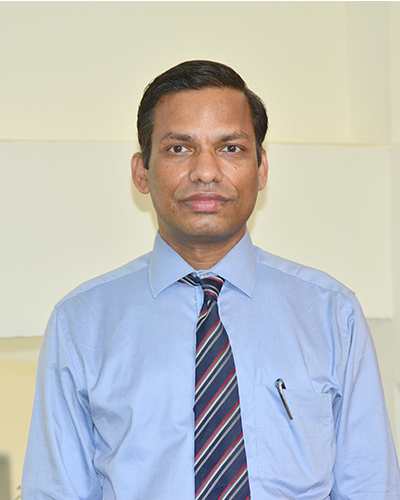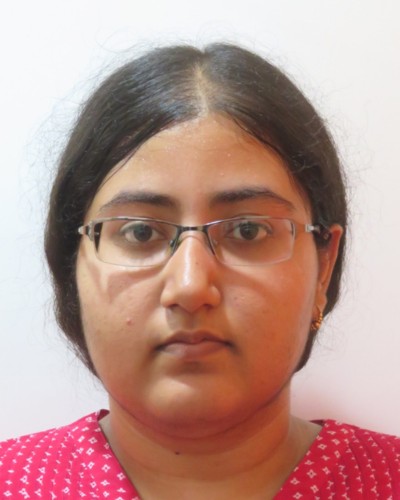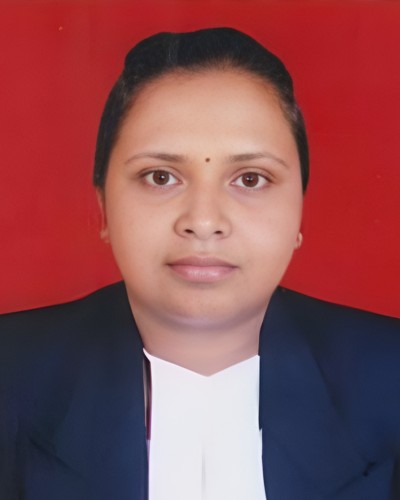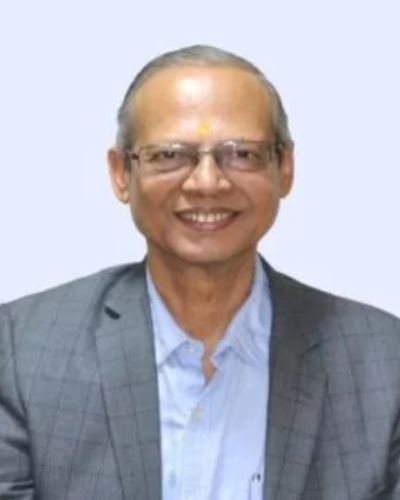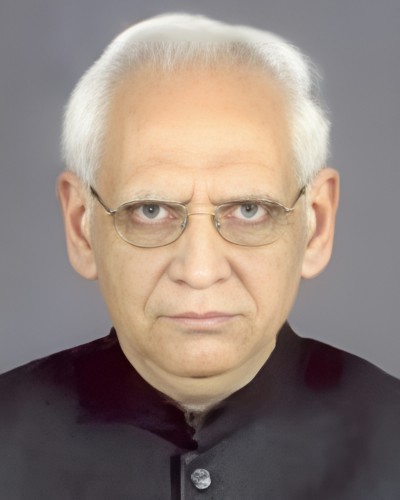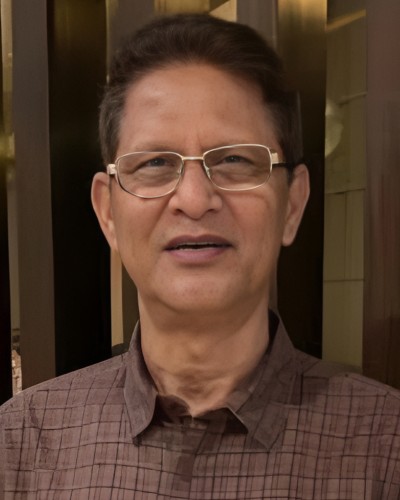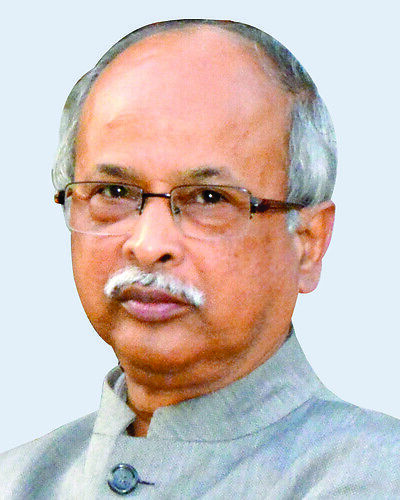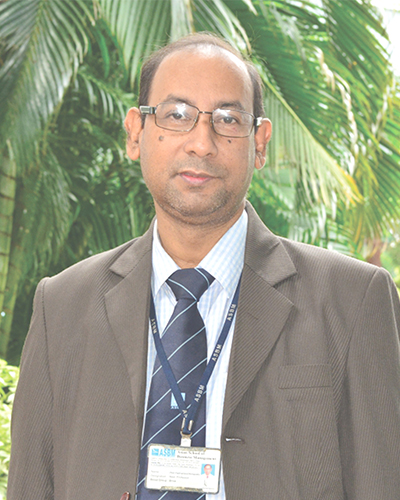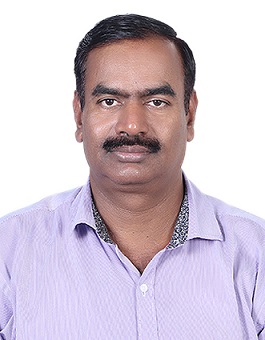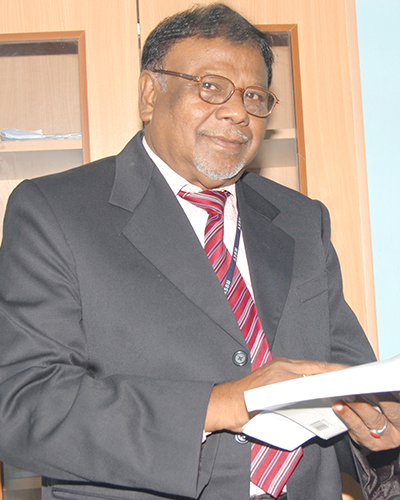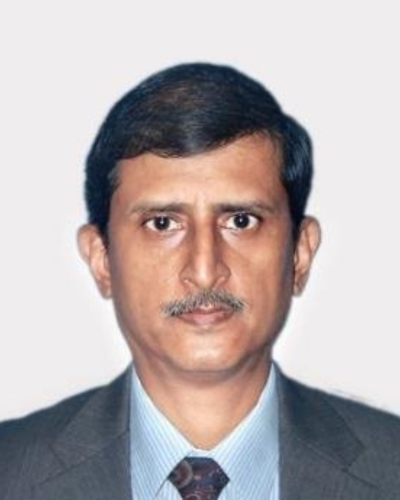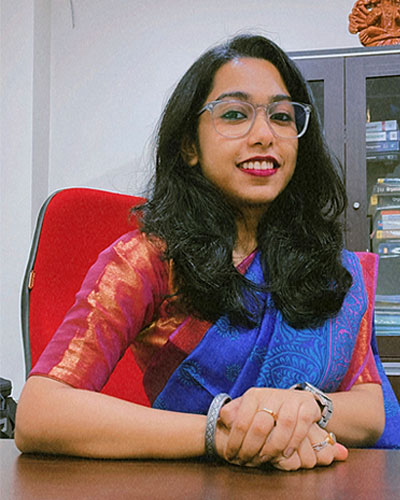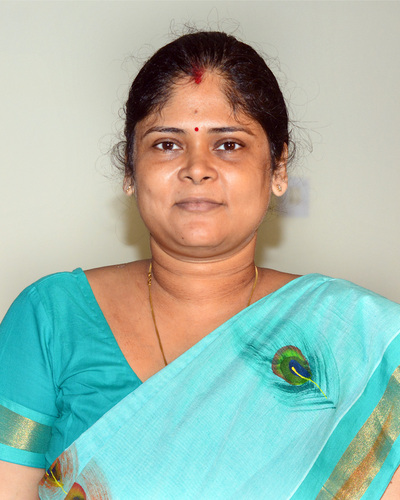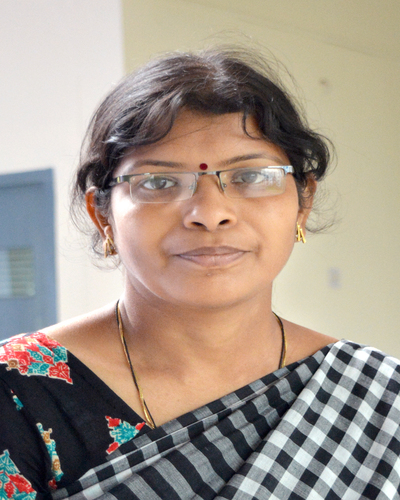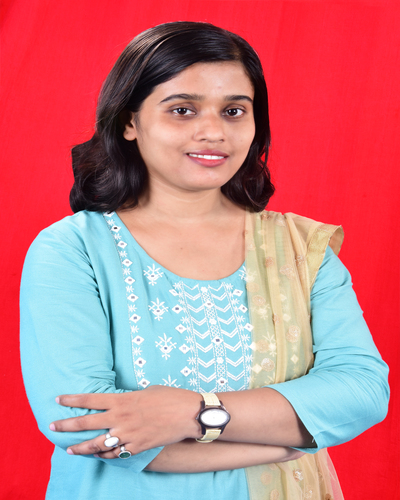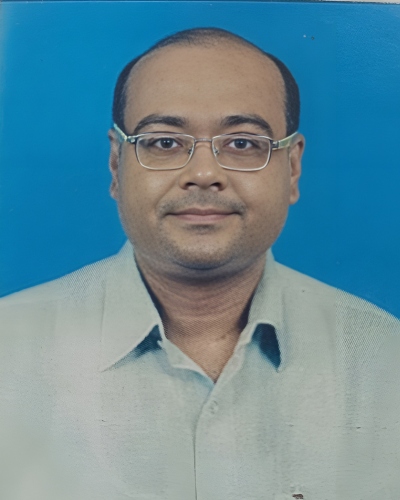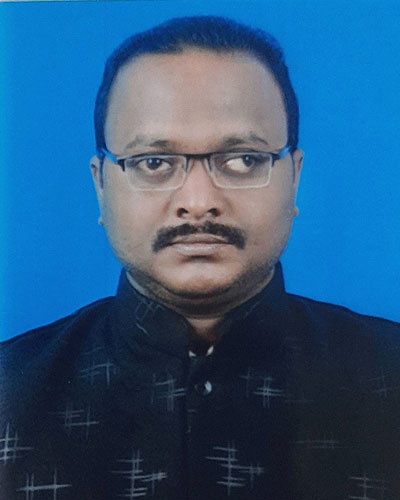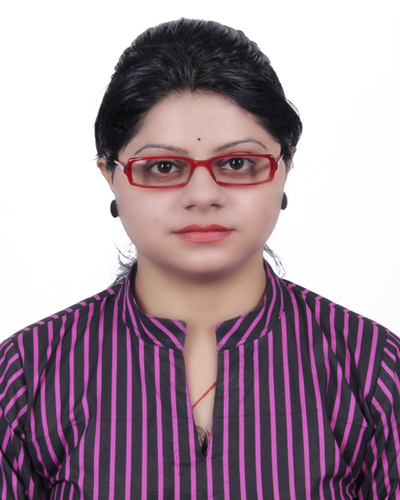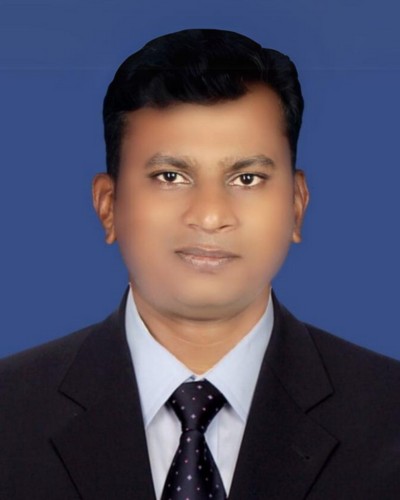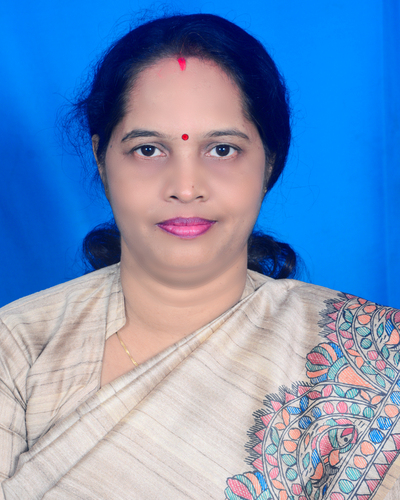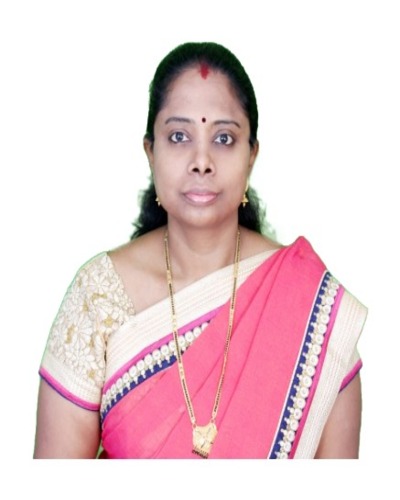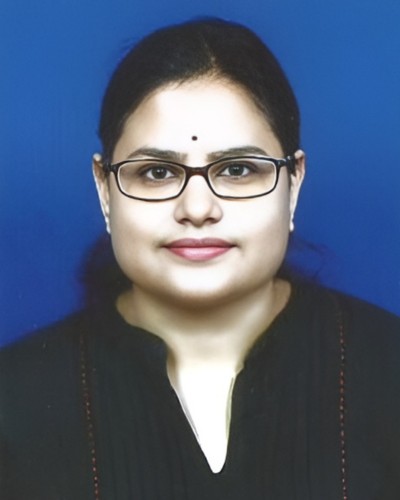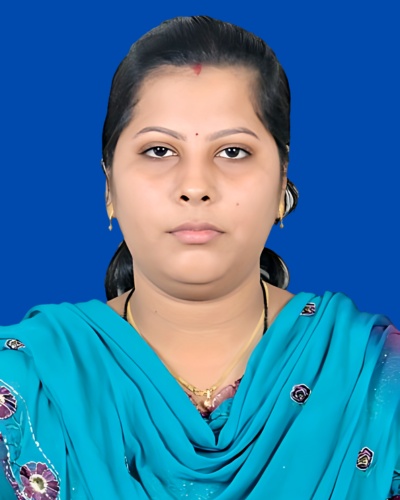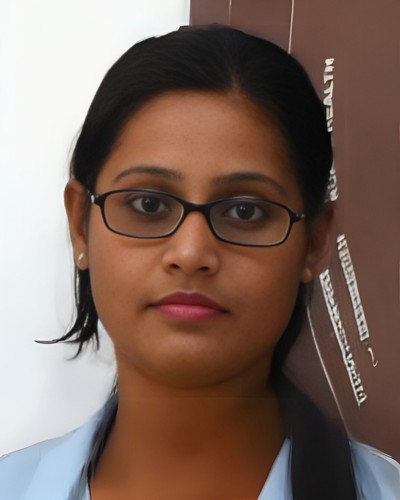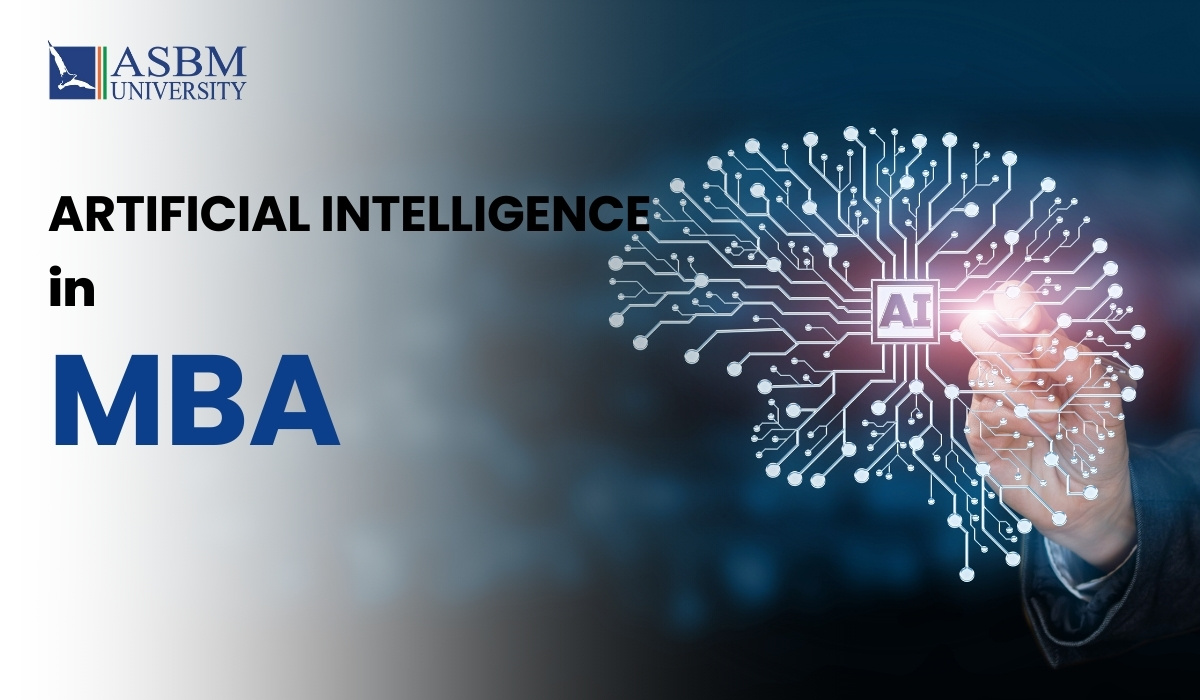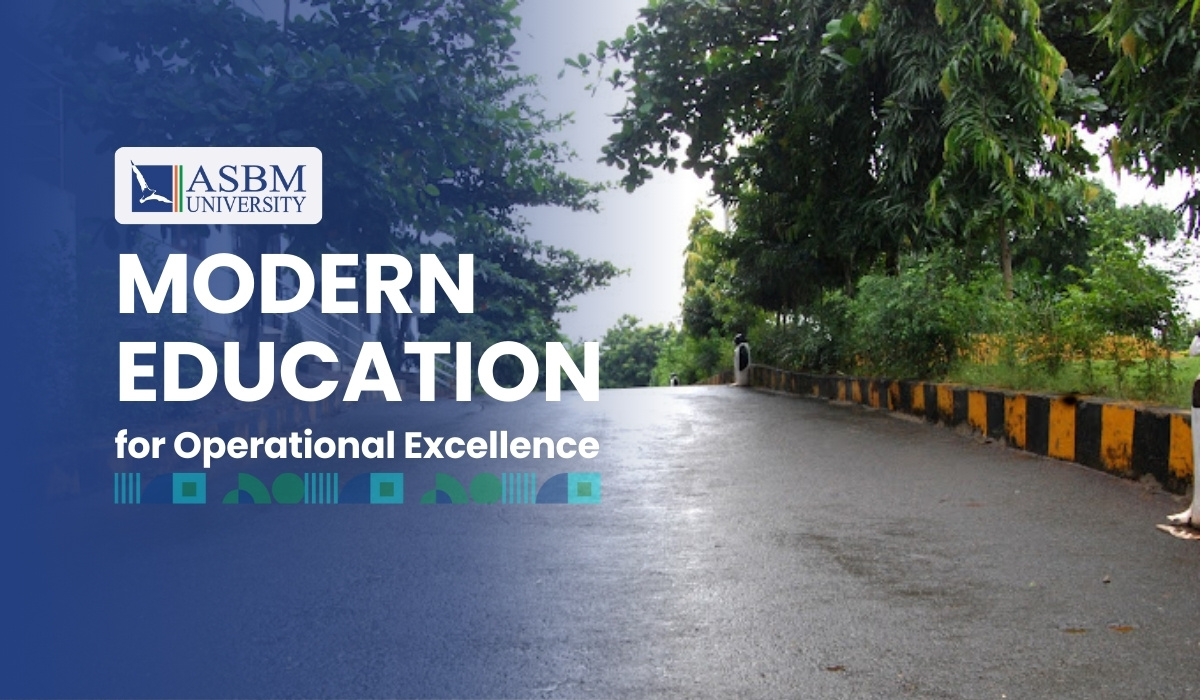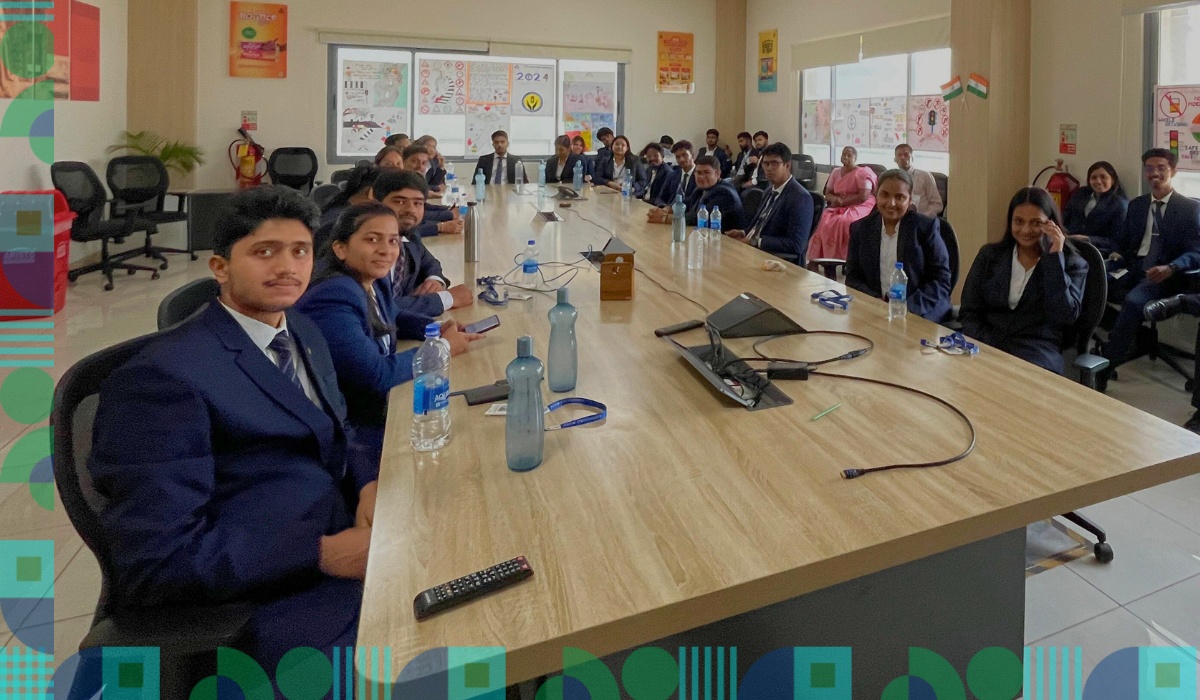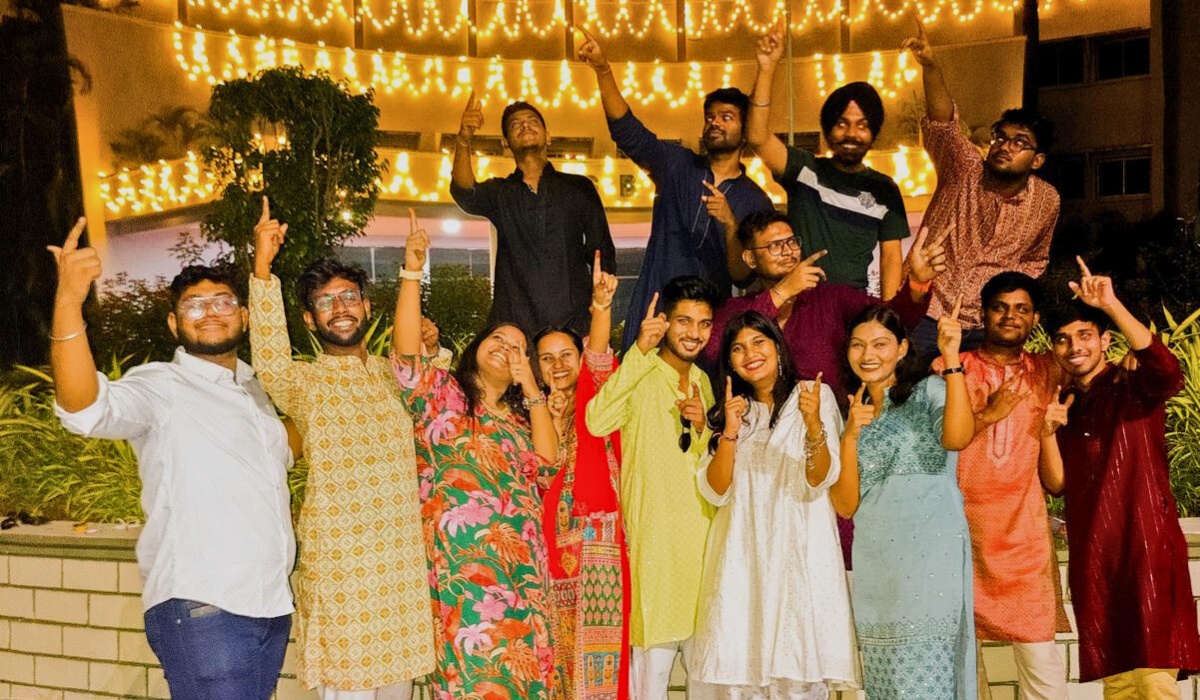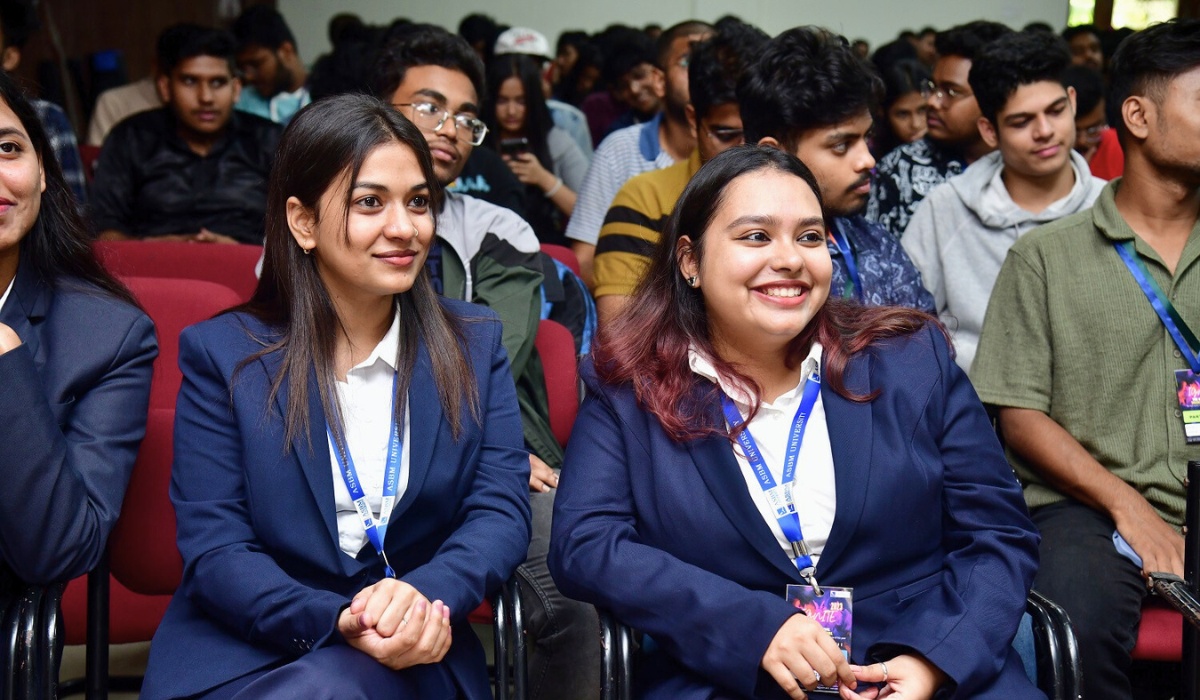Collabration
Programme Key Stats
2025
Admission Session
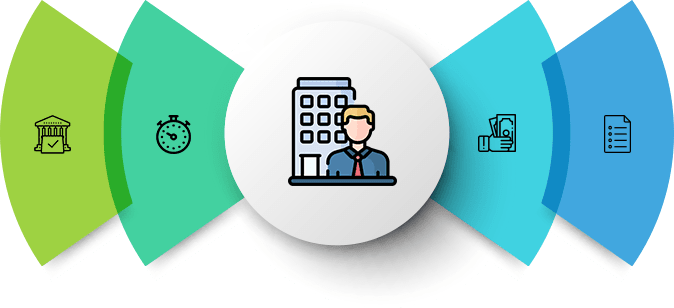
Eligibility Criteria
Higher Secondary (+2/XIIth) Science or equivalent with minimum 50% marks in aggregate (45% for reserved category)
OR
Three year Diploma in Engineering with minimum 50% marks in aggregate (45% for reserved category)
Programme OVERVIEW
The B.Tech CSIT (Computer Science and Information Technology) programme is an undergraduate degree programme to create computer professionals. It provides students with a strong foundation in both theoretical and practical aspects of computer science and technology that meets the requirement of the upcoming technologies. The B. Tech. CSIT(Computer Science and Information Technology) curriculum is outcome-based and it delivers the most advanced theoretical concepts and practical skills in the domain. By enrolling in this programme, students develop critical, innovative, and problem-solving abilities for a smooth transition from academia to the corporate world. In addition, students are trained in interdisciplinary topics and attitudinal skills to enhance their scope of work.
B. Tech CSIT (Computer Science and Information Technology) is a four-year undergraduate programme that provides the students an ability to design a hardware/software system, component, or process to meet desired needs within realistic constraints.
The programme is structured to cover various aspects of computer science and information technology, such as programming languages, algorithms, data structures, computer networks, databases, software engineering, operating systems, web development, artificial intelligence, cybersecurity, and cloud computing. The B.Tech CSIT program aims to equip students with the necessary skills and knowledge to analyse, design, and develop computer-based systems for solving complex problems. Students learn how to use various programming languages and tools, design and implement algorithms, work with computer networks and databases, develop web applications, and apply principles of software engineering to create robust and scalable software systems.
The programme often includes a mix of theoretical lectures, laboratory sessions, projects, and internships to provide students with practical exposure to real-world problems and industry requirements. It also focuses on developing problem-solving, critical thinking and teamwork skills, which are essential in the field of computer science and information technology.
Upon completion of the B. Tech CSIT programme, graduates can pursue careers in various industries such as software development, data analysis, cybersecurity, network administration, web development, and consulting. They can work in both public and private sectors or even start their own ventures. Also a student will be able to function on multi-disciplinary teams, formulate, and solve engineering problems and designing & comparing solutions, algorithms, and protocols. The programme lays emphasis on Digital Transformation Technologies that focus on building the mathematical and algorithmic concepts of the students.
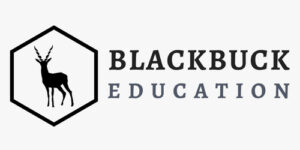
A unique and powerful suited for rigorous preparation and practice for placement through AI-Engine and analytics based app that plays the role of an advisor, planner and learning manager.
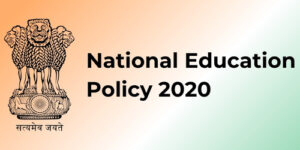
Leading the charge in Odisha’s educational landscape by becoming the first university in the state to implement the National Education Policy (NEP) 2020 in its B.Tech program.

A strong foundation in computer science with a focus on artificial intelligence, cloud computing, and algorithm design with state-of-the-art labs to complement the practical exercises and project work.
B. Tech – Computer Science & Information Technology
- First university in Odisha to implement NEP 2020
- Skill enhancement, ability enhancement and Value-added Courses
- Case-based Innovative teaching pedagogy
- Experienced Faculty Members from industry, profession and academics
- Mentor & Mentee practices to enhance student’s ability
- Continuous evaluation pattern
Course Curriculum
FOR WHOM
- Higher Secondary (+2/XIIth) Science or equivalent with minimum 50% marks in aggregate (45% for reserved category)
- Three year Diploma in Engineering with minimum 50% marks in aggregate (45% for reserved category)
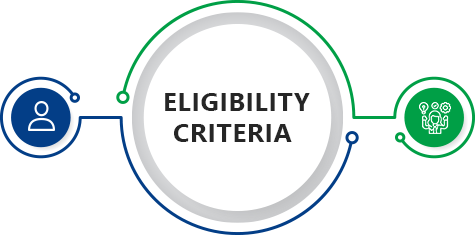
ELIGIBILITY
- Higher Secondary (+2/XIIth) Science or equivalent with minimum 50% marks in aggregate (45% for reserved category)
OR
- Three year Diploma in Engineering with minimum 50% marks in aggregate (45% for reserved category)
Semester - I
- Introduction to Programming
- Introduction to Programming Lab
- Applied Physics-I
- Applied Physics-I Lab
- Linear Algebra & Univariate calculus
- English For Technical Writing
- Environmental Studies and Disaster management
- Constitution of India
- Design Thinking & problem solving
Semester – II
- Digital Logic Design
- Digital Logic Design Lab
- Discrete Mathematics Theory & Applications
- Applied Physics-II
- Applied Physics-II Lab
- Ordinary Differential equation & Multivariate calculus
- Principle of Management
- Indian Ethos and Values
- Python programming
- Python programming Lab
Semester – III
-
Data Structure
-
Data Structure Lab
-
Introduction to Object Oriented Programming (OOP)
-
OOP Lab
-
Probability & Statistics
-
Introduction to Micro Economics
-
Digital Marketing
-
Internship-I
Semester – IV
- Design and Analysis of Algorithm
- Design and Analysis of Algorithm Lab
- Computer Architecture and Organization
- Computer Architecture and Organization Lab
- Programming using Java
- Programming using Java Lab
- Modern Web System
- MIS & DSS
- Organizational Behaviour
Semester – V
- Database Systems Development
- Database Systems Development Lab
- Data Communication & Computer Networking
- Data Communication & Computer Networking Lab
- Swayam Nptel programme
- Python for Machine Learning
- Summer Internship program
Semester – VI
- Data Science
- Data Science Lab
- Data Base Security & Access control
- DBSA Lab
- Digital Image Processing & Graphics
- Digital Image Processing & Graphics Lab
- Theory Of Computation
- Embedded Systems
Semester – VII
- Artificial Intelligence
- Artificial Intelligence Lab
- Cloud Computing
- Compilers: Principles, Techniques & Tools
- Operating System
- Operating System Lab
- Operation Research
Semester – VIII
- Software Engineering
- Software Engineering Lab
- Internet of Things
- Major Project

